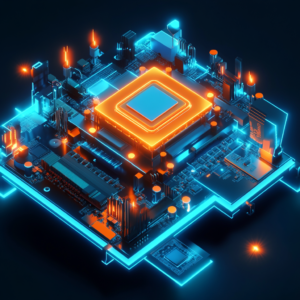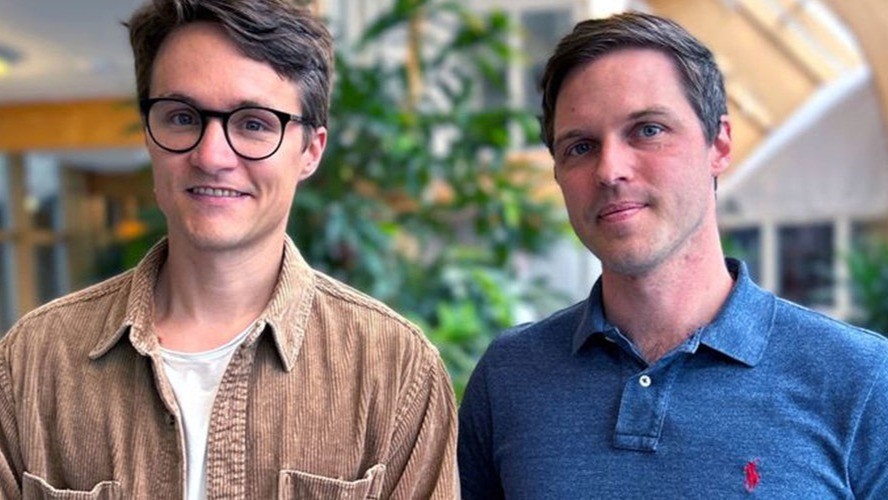 AI requires potent processors, but they also need to be small. Alix Labs in Lund, led by CEO Jonas Sundqvist, has a machine that shrinks them. With a global launch in sight, the company has secured most of a new share issue worth SEK 165 million.
AI requires potent processors, but they also need to be small. Alix Labs in Lund, led by CEO Jonas Sundqvist, has a machine that shrinks them. With a global launch in sight, the company has secured most of a new share issue worth SEK 165 million.
The growing demand for truly powerful computers capable of handling computationally intensive AI applications strengthens the business case for nanotechnology company Alix Labs, which is based in Lund and is currently raising capital.
We’ve already secured guarantees for two-thirds of the approximately SEK 165 million we need. The capital will be used to build a pilot facility for our technology to conduct beta testing with major semiconductor manufacturers,” says Jonas Sundqvist, co-founder and CEO of Alix Labs.
The funding round is expected to close during the first half of next year.
Alix Labs’ technology is based on research from Lund University. The company has developed a device—about the size of a dishwasher—that creates special conditions in a so-called plasma process chamber to shrink semiconductor components, such as transistors and memory chips.
After repeated rounds in the company’s “shrinking machine,” the components become much smaller than today’s commercial components. The company plans to sell its equipment to global manufacturers of electronic products, such as computers and smartphones.
Semiconductor components are found in most electronic products. With our machine, producers can manufacture components at a much smaller size but with the same performance. In their production, they can then pack many more transistors on a computer chip, for example, which allows them to build much more powerful computers than today—something needed for AI applications.”
Electronics manufacturers have many steps in their production, and Alix Labs’ equipment could be used in several of them.
It fits into the first 20 production steps of about 100 steps at a typical producer, so we could potentially sell 20 machines to each interested production customer.”
The company has developed a first version of its machine, which electronics manufacturers have begun testing in their development processes.
This first version is being manufactured in Skåne. We’ve utilized the ecosystem of skilled workshops that have grown up to supply advanced equipment to Max IV and ESS. We are considering where to have future production and believe we will have part of it in Skåne.”
The growing use of AI across many fields is driving the need for smaller semiconductor components.
It’s AI applications that are driving demand for these types of advanced processors and memory chips. That’s why our market forecasts are even stronger than before, as demand for high-capacity memory chips is increasing,” says Sundqvist, adding:
We’re sticking to our original timeline and plan to have a product ready for sale by 2027. It will be an export product, and we’re targeting sales to electronics manufacturers in Taiwan, South Korea, the USA, and possibly Germany.”
This article is a translation of Rapidus’ news written by Elisabeth Ottoson


